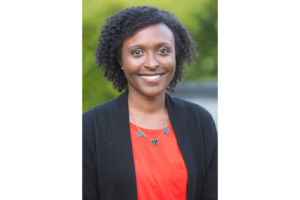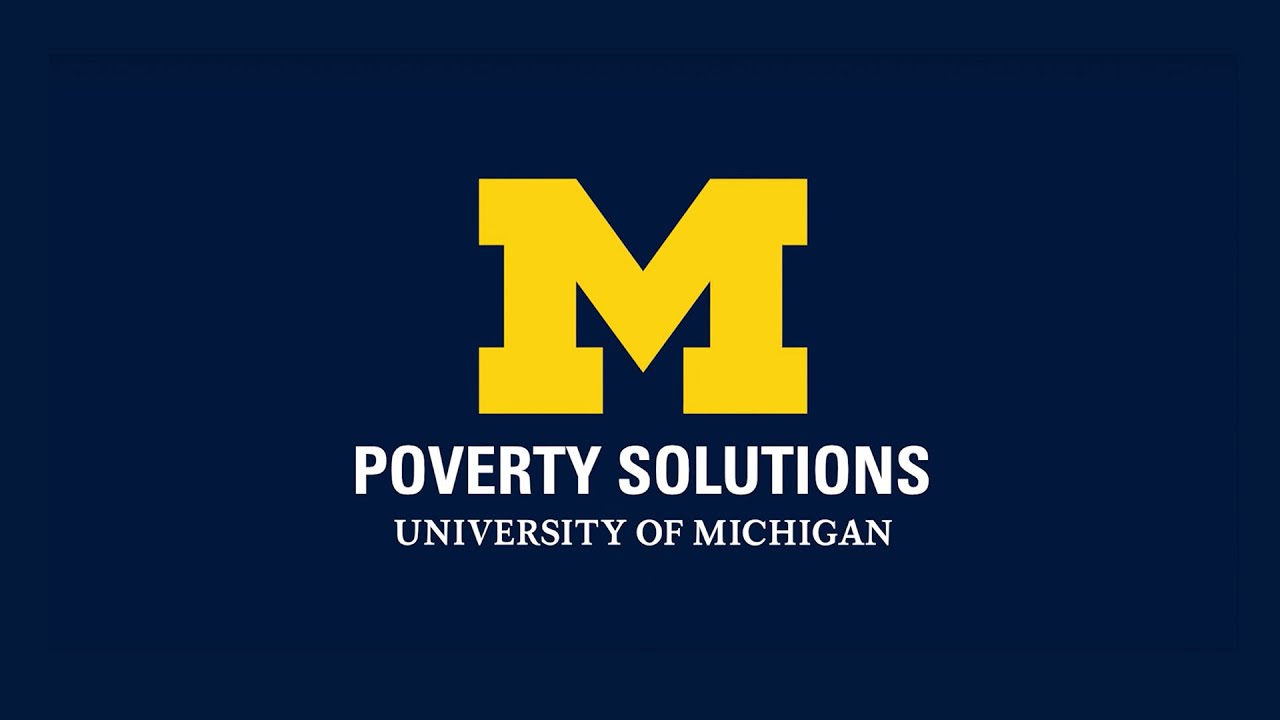By Darlene A. White
Ann Arbor – Muskegon Maritime Academy (MMA) has collaborated with Poverty Solutions at the University of Michigan to find new ways to prevent poverty and promote literacy in the school.
“We were excited to provide the leadership at Muskegon Maritime Academy with insights they can draw on to build an excellent curriculum for young readers,” said Afton Branche-Wilson, assistant director of Poverty Solutions at the University of Michigan.
Currently Housed in the Joan and Sanford Weill Hall in Ann Arbor, the Poverty Solutions initiative explores and test models to ease the effects of poverty. The initiative works with community groups and supports active-learning options for students to engage on issues related to poverty.
As of today, the National Assessment of Education Progress Assessment estimates that approximately 65% of fourth-graders in the US are not proficient readers. This points to a continued crisis in early reading instruction, which disproportionally impacts children of color and children living in poverty. In 2016, in response to this trend in reading proficiency, the Michigan State Legislature passed the third-grade reading law. Legislators and administrators hoped that this law would force schools to revamp their reading strategies to prevent mass groups of their students from being held back when the law takes effect by 2023. However, many schools are not equipped with enough resources to guarantee literacy improvements amongst their students.
To promote literacy, we suggest that Muskegon Maritime focus on implementing evidence-based practices in literacy which means, practices that rigorous research has shown to be effective in teaching kids to read and helping struggling readers, Branche-Wilson says.
“For example, teaching kids how to chunk words into individual sounds,” Branche-Wilson said. “Schools can also work to engage parents by partnering with them to support their children’s learning and development.”
According to Poverty Solutions, in order to ensure children are given the best chance to develop as proficient readers, it is essential to focus on the foundations of reading taught in kindergarten through second grade.

“From our research, we found four best practices that schools could adopt to ensure literacy among their students,” MadgeanJoassaint, research assistant at Poverty Solution at the University of Michigan stated. “First, researchers suggest revamping curriculums to address all components of foundational skills. This means putting more phonics instruction (sound-spelling words) into the K-3 curriculum. Second, we suggest explicit and systematic instruction. This means direct instruction of the material so that students have a clear understanding of what’s being taught. The systemic part of that instruction involves consistent instruction between the different grade levels. Third, schools can adopt a student-focused approach – including the students in the choice of what topics and materials they are learning. Finally, we suggest forming connections between knowledge-building comprehension, including texts with greater meaning as students develop reading skills.”
Building a robust reading program will be paramount to our success as a school, Franklin A. Fudail, founder of Muskegon Maritime Academy says. According to the State of Michigan, 61% of Muskegon County’s third-graders are not reading at grade level. “I reached out when I read about the cutting-edge work they are doing in regards to literacy. They enthusiastically welcomed the idea of helping us and they assembled a team of scholars last summer and worked on a plan for our school. It is superb! If we follow it, within two years we will have the best readers in the County”. Fudail said he had a meeting with a representative from the University of Michigan School of Education recently and are looking for ways to develop an ongoing partnership.
“The information provided by Poverty Solutions gives us a roadmap that our teachers can use to help our students become excellent readers. We talk a lot about Science, Technology, Engineering, and Math, but the foundation of a good education is reading”, states Fudail.
Research has shown that teaching phonics is one of the most important foundational skills that help with literacy, Branche-Wilson says.
“Phonics is the study of sound-spelling words and provides students with the necessary skills to sound out words and later on read them,” she said. “This allows students to manipulate words and sounds to create new words as they develop their vocabulary and experience additional reading texts. It’s an effective way to teach kids how to read and spell.”
Poverty Solutions has undertaken hundreds of projects with faculty and students across the university, established powerful community partnerships throughout the country, and demonstrated the meaningful impact of connecting research to policy and practices.
“I appreciate the assistance provided to us by the Poverty Solutions Center,” Fudail said. “Their mission of alleviating poverty and our mission of building a world-class school go hand in hand”.

